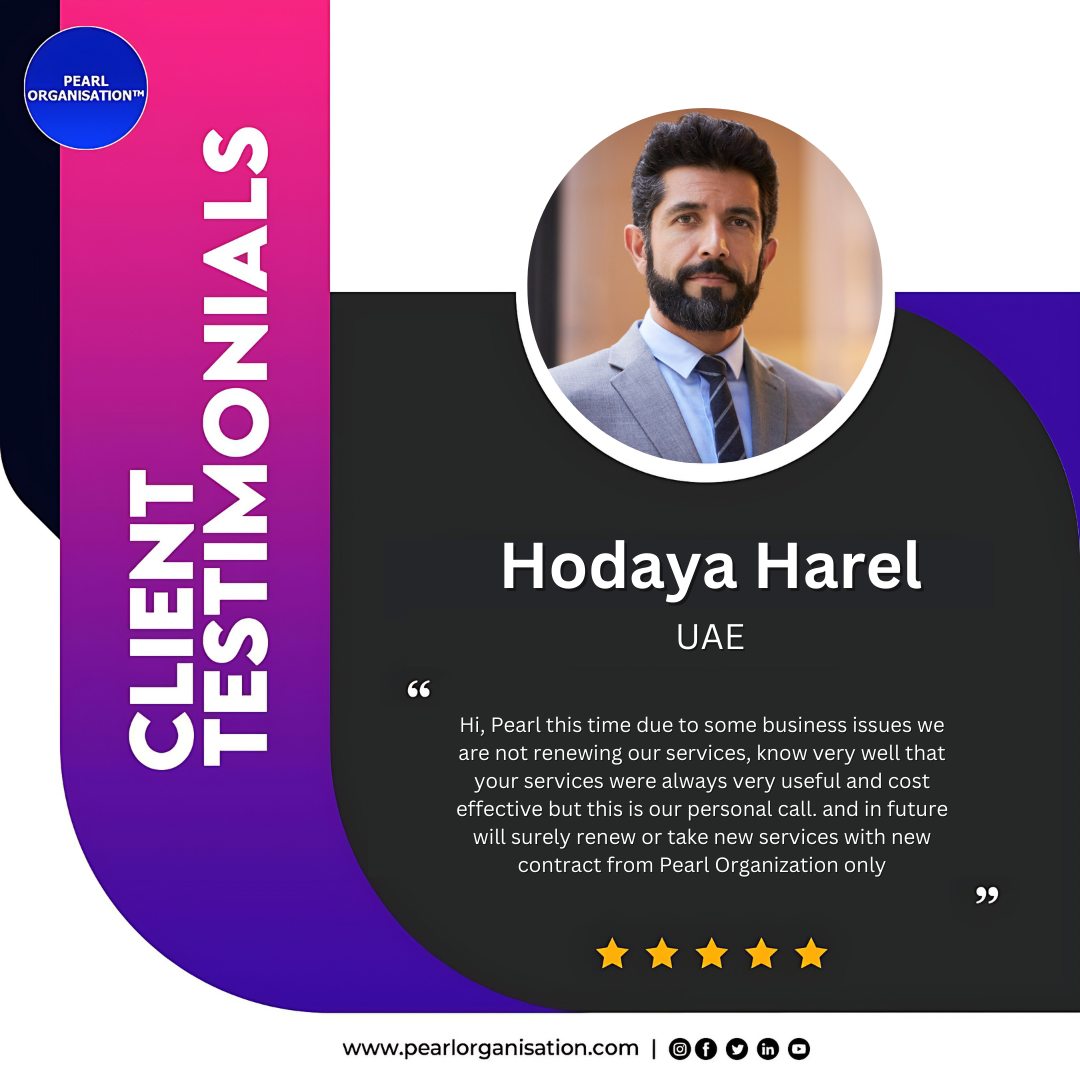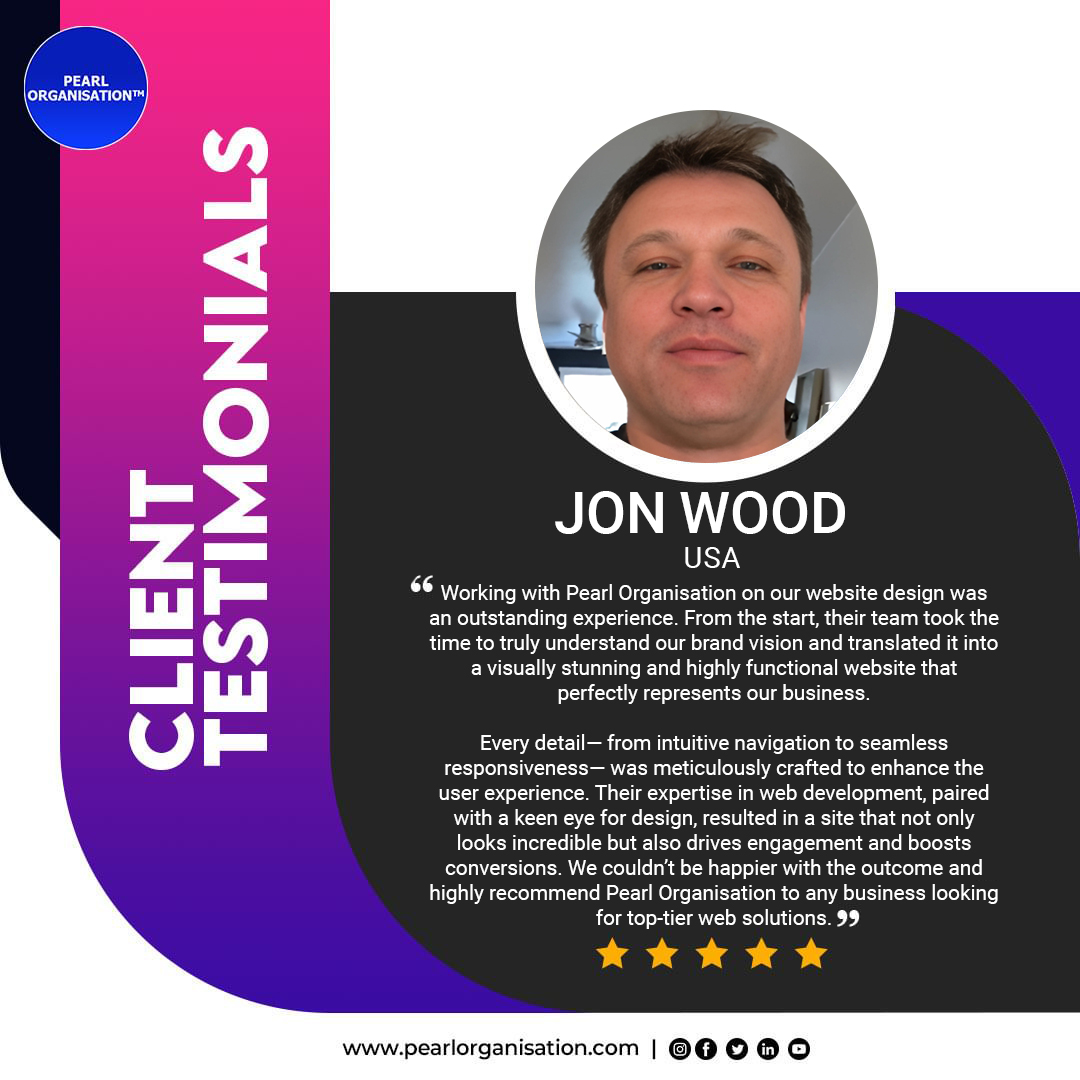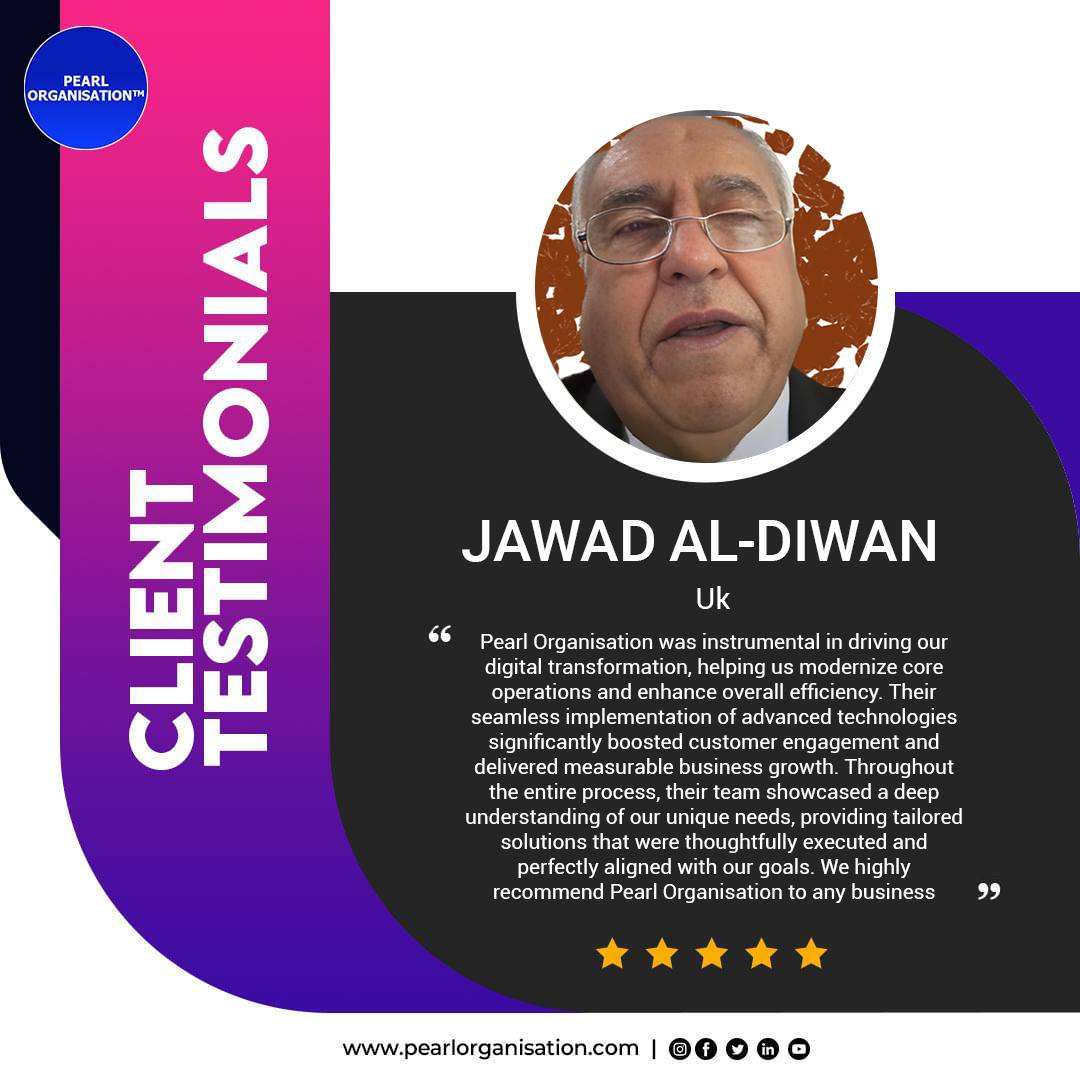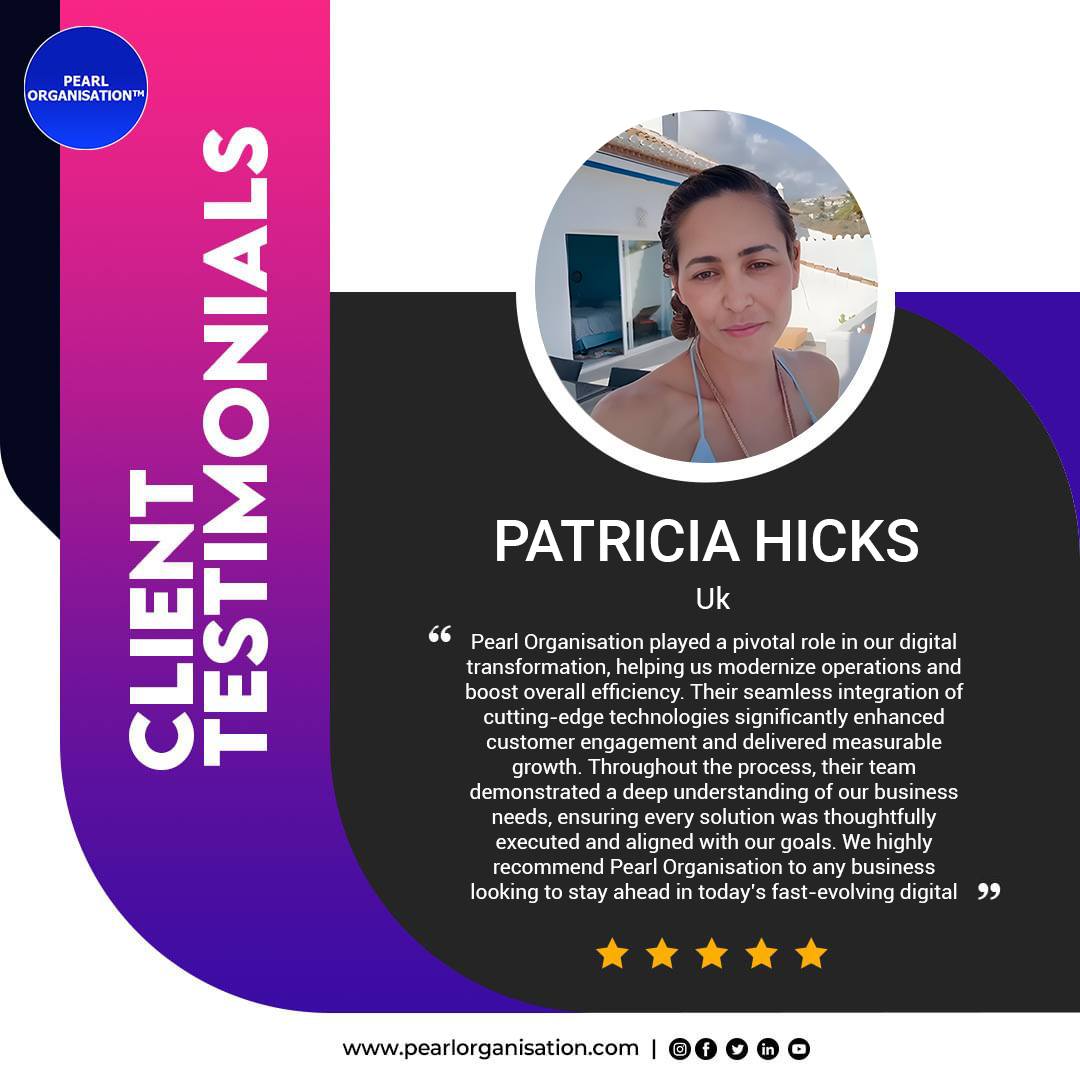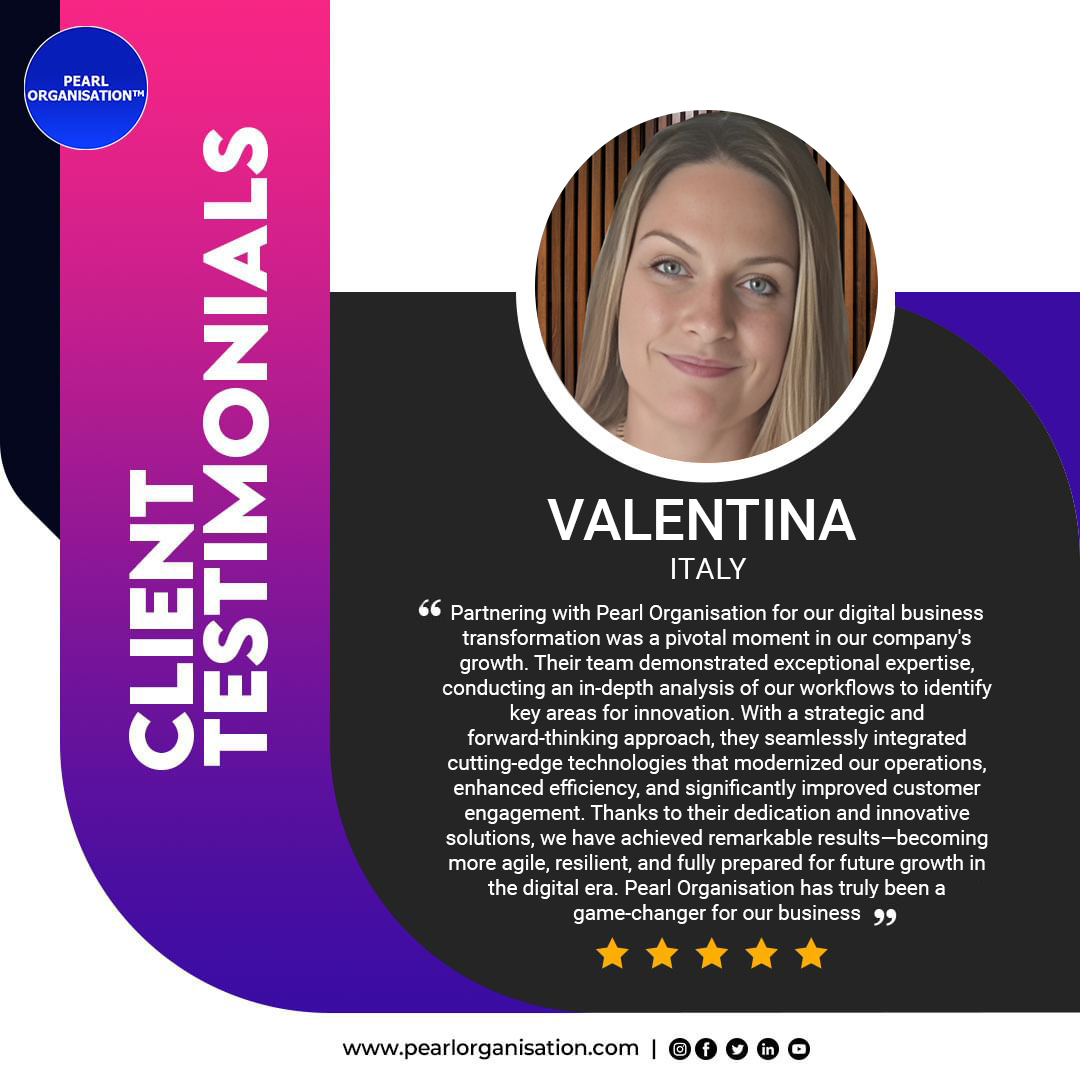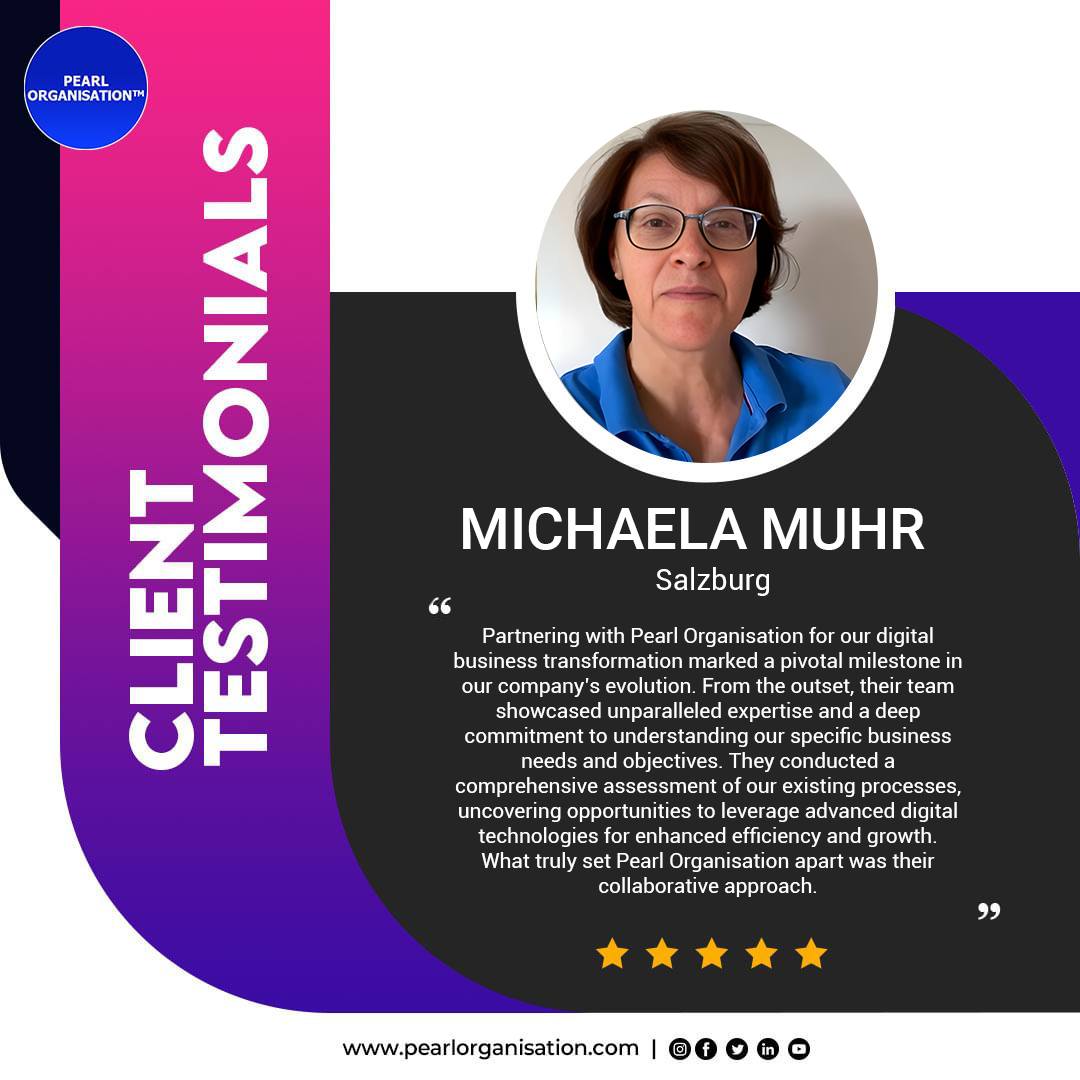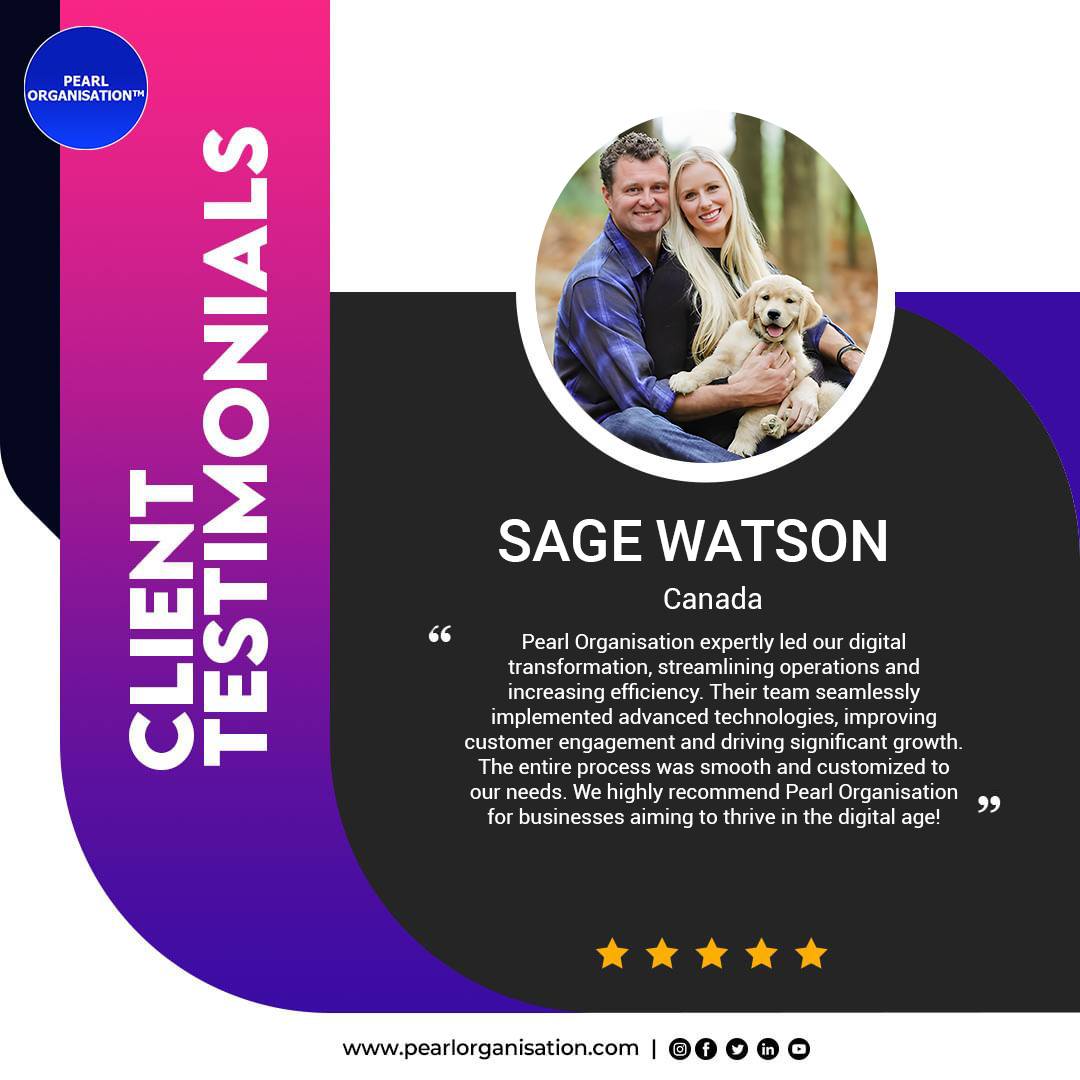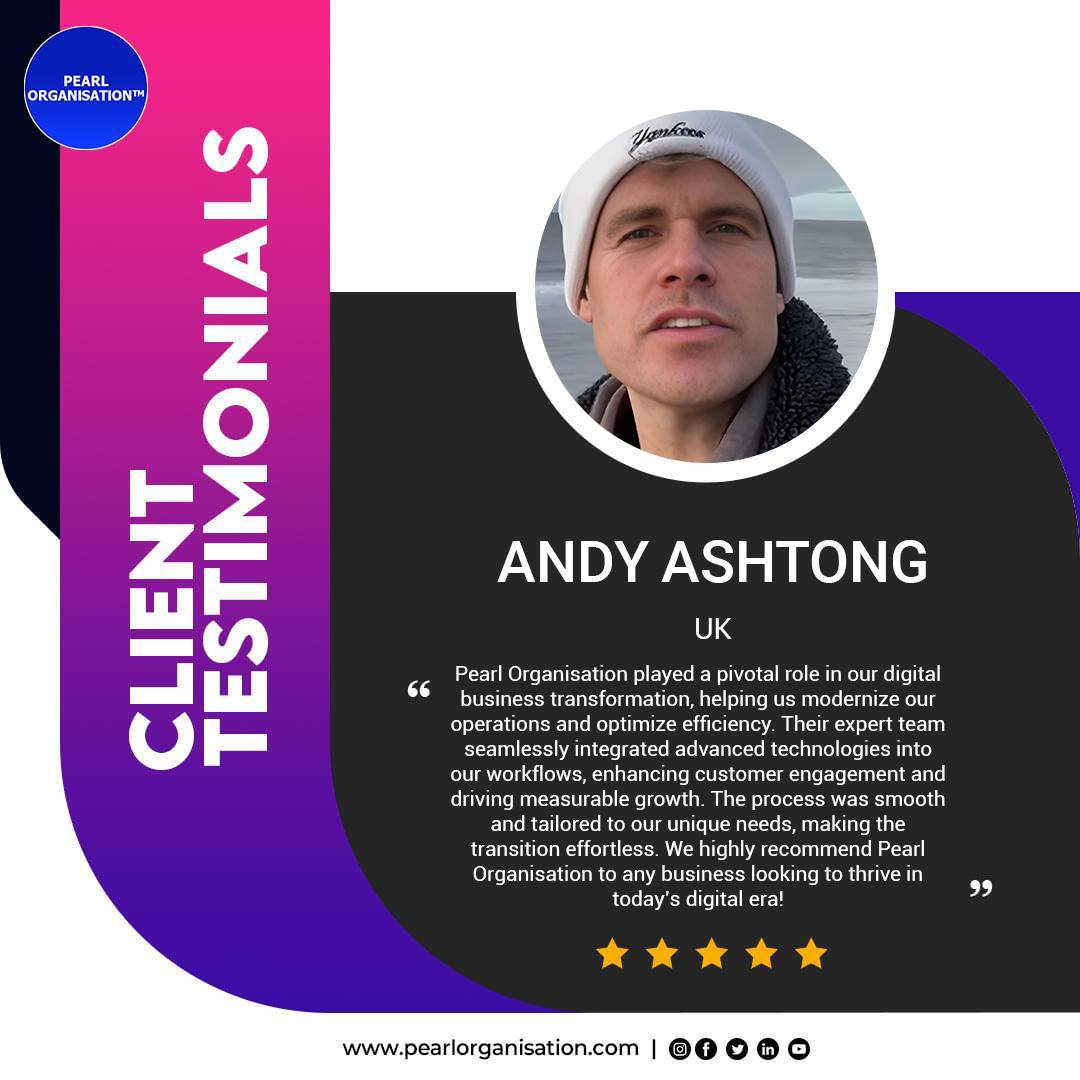Enterprise Application Scalability: Essential Factors for Long-Term Growth
- Jul 30, 2025
- 6 min read

Introduction
In today’s digital economy, enterprise applications are no longer just tools — they are business enablers. From managing operations and customers to driving innovation and global expansion, enterprise apps form the digital backbone of organizations.
However, with ever-growing user bases, complex business processes, and the need for real-time data insights, the challenge is not only to build an application but to ensure it is scalable. Scalability determines whether an app can handle increasing workloads, user traffic, and functionality expansions without performance degradation.
At Pearl Organisation, we specialize in building enterprise-grade applications that scale seamlessly across geographies, industries, and evolving business demands.
Why Scalability Is Critical in Enterprise Applications
A non-scalable application might work well for the first 100 users but will crumble under thousands. Enterprises require apps that:
Adapt to market growth and user demand.
Expand functionalities without rewriting core systems.
Integrate with third-party APIs, ERPs, CRMs, and cloud environments.
Deliver consistent performance across millions of data transactions.
Simply put, scalability = survival in the digital-first business ecosystem.
Key Factors That Define a Scalable Enterprise Application
1. Robust Architecture Design
Microservices Architecture: Breaks the app into small, independent services that scale individually.
Event-Driven Systems: Allow asynchronous communication for better responsiveness.
Cloud-Native Foundation: Leverages AWS, Azure, or GCP for elastic scaling.
📌 Example: Netflix’s microservices-based model allows millions of users to stream content simultaneously without performance bottlenecks.
2. Database Scalability
Horizontal Scaling (Sharding/Clustering): Distributes data across multiple servers.
Caching Layers (Redis, Memcached): Reduce load on primary databases.
Optimized Queries & Indexing: Ensures fast data retrieval.
📌 Enterprise apps must support both structured (SQL) and unstructured (NoSQL) data for flexibility.
3. API-First Integration
A scalable enterprise app is never an island. It must connect with:
📌 Pearl Organisation builds apps with API-first design, ensuring future integrations don’t break the system.
4. Performance & Load Handling
Load Balancers: Distribute traffic evenly across servers.
CDNs: Speed up global delivery of static assets.
Auto-Scaling Containers: Kubernetes & Docker for on-demand scaling.
📌 A global eCommerce platform must handle peak loads during Black Friday without downtime.
5. Security & Compliance
Scalability without security is a risk. Enterprise apps must comply with:
Key practices include:
End-to-end encryption
Role-based access control (RBAC)
Audit logs for regulatory compliance
6. DevOps & Continuous Delivery
A scalable app evolves constantly. To achieve this:
CI/CD pipelines automate testing & deployment.
DevOps culture accelerates innovation without downtime.
Monitoring tools (Prometheus, ELK Stack) provide real-time insights.
📌 This allows new features to roll out rapidly while maintaining zero downtime.
7. UX/UI Scalability
📌 A finance application must support millions of users with personalized dashboards without lag.
8. Multi-Tenancy Support
For SaaS-based enterprise apps:
Single codebase serves multiple clients.
Isolated data & configurations per tenant.
Custom branding options.
This ensures cost-efficiency while scaling across industries.
9. Analytics & Business Intelligence
Scalable apps don’t just process data — they turn it into insights.
📌 Pearl Organisation integrates predictive analytics to help businesses make smarter decisions.
10. Future-Readiness
A truly scalable application isn’t just built for today but designed for tomorrow.
Support for IoT, AI, AR/VR, Blockchain integrations.
Modular architecture for adding new features.
Ability to migrate to serverless computing models.
Pearl Organisation’s Approach to Scalable Enterprise Applications
At Pearl Organisation, we follow a proven methodology:
Requirement Analysis & Scalability Roadmap
Architecture & Technology Selection
Agile Development & Rapid Prototyping
Automated Testing & Performance Benchmarking
Cloud-native Deployment & Global Scaling
24/7 Monitoring & Continuous Improvement
We ensure that your enterprise app is future-proof, resilient, and performance-driven.
Conclusion
A scalable enterprise application is the difference between a company that stagnates and one that grows exponentially. By focusing on architecture, database design, integrations, performance, security, and future-readiness, businesses can unlock limitless digital potential.
Pearl Organisation stands as a trusted partner for enterprises worldwide, delivering applications that evolve as your business grows.
👉 Explore our services:
FAQ: Key Factors That Define a Scalable Enterprise Application
1. What makes an enterprise application scalable?
A scalable enterprise application is designed to handle increased workloads, users, and functionalities without degrading performance. Scalability is achieved through microservices-based architecture, cloud-native deployment, load balancing, database optimization, and DevOps-driven automation.
2. Why is scalability important for enterprise applications?
Scalability ensures that an enterprise app can grow alongside the business. Without it, applications may slow down, crash, or fail during peak usage, leading to revenue loss and poor user experience. Scalable apps support business expansion, global user bases, and evolving digital requirements.
3. What are the key technical factors that define a scalable enterprise app?
Some critical factors include:
Microservices or modular architecture
API-first integration with ERP/CRM systems
Cloud-native deployment on AWS, Azure, or GCP
Database scalability (SQL + NoSQL, caching, clustering)
Automated DevOps pipelines
Role-based security & compliance standards
4. How does Pearl Organisation ensure enterprise app scalability?
Pearl Organisation leverages a cloud-native, API-first, and security-driven approach. We design applications using microservices, auto-scaling Kubernetes clusters, and robust CI/CD pipelines. Our apps are future-ready, ensuring easy integration with AI, IoT, Blockchain, and other emerging technologies.
5. Can scalable enterprise apps integrate with existing ERP and CRM systems?
Yes. Scalable applications must support seamless API integrations with tools like SAP, Oracle, Salesforce, Zoho, Odoo, and Pearl ERP. An API-first strategy ensures businesses can connect existing systems without rewriting the entire application.
6. What role does cloud computing play in scalability?
Cloud platforms like AWS, Microsoft Azure, and Google Cloud enable elastic scaling, meaning resources can expand or contract automatically based on demand. This ensures cost efficiency while maintaining high performance under peak traffic conditions.
7. What are the risks of not having a scalable enterprise application?
Businesses risk:
8. How does database design impact scalability?
A well-structured database ensures that enterprise apps can handle large-scale transactions. Techniques like sharding, replication, caching (Redis, Memcached), and hybrid SQL/NoSQL databases ensure fast performance even with millions of records.
9. How does DevOps improve scalability?
DevOps enables continuous integration and continuous delivery (CI/CD), allowing businesses to roll out updates quickly and reliably. It also supports real-time monitoring, automated testing, and zero-downtime deployments, which are essential for scalable enterprise applications.
10. Can scalability be applied to legacy enterprise applications?
Yes, but it requires modernization strategies such as:
Re-architecting legacy systems into microservices
Migrating to cloud infrastructure
Integrating APIs for flexibility
Adopting containerization (Docker, Kubernetes)
Pearl Organisation specializes in modernizing legacy applications into scalable, cloud-native systems.
11. What security measures are required in scalable enterprise applications?
Scalable apps must comply with global standards like GDPR, HIPAA, and ISO 27001. Key practices include:
12. How do user experience (UX) and scalability connect?
Scalability ensures that even when millions of users access the app, the UX remains smooth, fast, and intuitive. Features like responsive design, adaptive dashboards, and accessibility compliance are crucial to ensure a consistent user experience.
13. What industries benefit most from scalable enterprise applications?
Scalable enterprise applications are critical in:
14. What future trends define scalability in enterprise apps?
AI-driven automation & analytics
Serverless computing
Edge computing for real-time processing
Multi-cloud & hybrid cloud adoption
Blockchain integration for security & transparency
15. Why choose Pearl Organisation for scalable enterprise applications?
Expertise in ERP & Application Development Services
Proven track record across 150+ countries
96% business success rate
Future-ready solutions with AI, IoT, Blockchain, and Cloud-native architecture
Dedicated 24/7 support & global delivery model





























